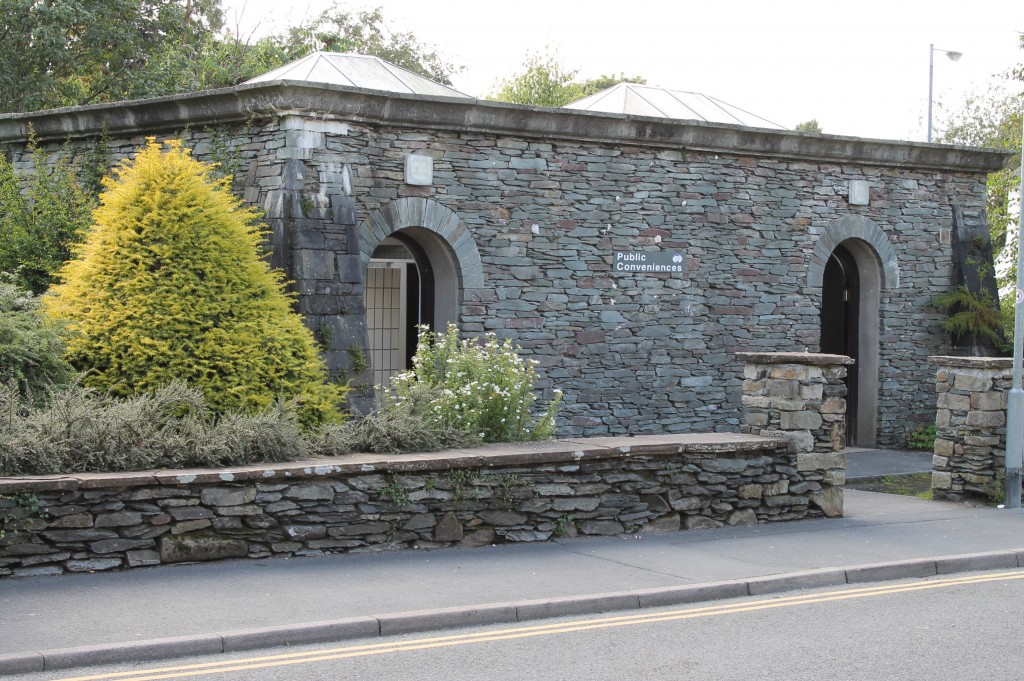 The independent review into the future of our high streets undertaken by Mary Portas has now been published and the full report can be accessed via her official website
The independent review into the future of our high streets undertaken by Mary Portas has now been published and the full report can be accessed via her official website
The following is a summary of the 28 recommendations made within the report:
1.Put in place a “Town Team”: a visionary, strategic and strong operational management team for high streets
2. Empower successful Business Improvement Districts to take on more responsibilities and powers and become “Super-BIDs”
3. Legislate to allow landlords to become high street investors by contributing to their Business Improvement District
4. Establish a new “National Market Day” where budding shopkeepers can try their hand at operating a low-cost retail business
5. Make it easier for people to become market traders by removing unnecessary regulations so that anyone can trade on the high street unless there is a valid reason why not
6. Government should consider whether business rates can better support small businesses and independent retailers
7. Local authorities should use their new discretionary powers to give business rate concessions to new local businesses
8. Make business rates work for business by reviewing the use of the RPI with a view to changing the calculation to CPI
9. Local areas should implement free controlled parking schemes that work for their town centres and we should have a new parking league table
10. Town Teams should focus on making high streets accessible, attractive and safe
11. Government should include high street deregulation as part of their ongoing work on freeing up red tape
12. Address the restrictive aspects of the ‘Use Class’ system to make it easier to change the uses of key properties on the high street
13. Put betting shops into a separate ‘Use Class’ of their own
14. Make explicit a presumption in favour of town centre development in the wording of the National Planning Policy Framework
15. Introduce Secretary of State “exceptional sign off ” for all new out-of-town developments and require all large new developments to have an “affordable shops” quota
16. Large retailers should support and mentor local businesses and independent retailers
17. Retailers should report on their support of local high streets in their annual report
18. Encourage a contract of care between landlords and their commercial tenants by promoting the leasing code and supporting the use of lease structures other than upward only rent reviews, especially for small businesses
19. Explore further disincentives to prevent landlords from leaving units vacant
20. Banks who own empty property on the high street should either administer these assets well or be required to sell them
21. Local authorities should make more proactive use of Compulsory Purchase Order powers to encourage the redevelopment of key high street retail space
22. Empower local authorities to step in when landlords are negligent with new “Empty Shop Management Orders”
23. Introduce a public register of high street landlords
24. Run a high profile campaign to get people involved in Neighbourhood Plans
25. Promote the inclusion of the High Street in Neighbourhood Plans
26. Developers should make a financial contribution to ensure that the local community has a strong voice in the planning system
27. Support imaginative community use of empty properties through Community Right to Buy, Meanwhile Use and a new “Community Right to Try”
28. Run a number of High Street Pilots to test proof of concept
The Governments response will be published early in 2012.
 At a recent training day attended by staff from the majority of the ten retail outlets operated by the Bethany Christian Trust in and around Edinburgh, The Shop Doctor delivered an insight into key elements that help maximise retail development within a charity retail environment.
At a recent training day attended by staff from the majority of the ten retail outlets operated by the Bethany Christian Trust in and around Edinburgh, The Shop Doctor delivered an insight into key elements that help maximise retail development within a charity retail environment.







